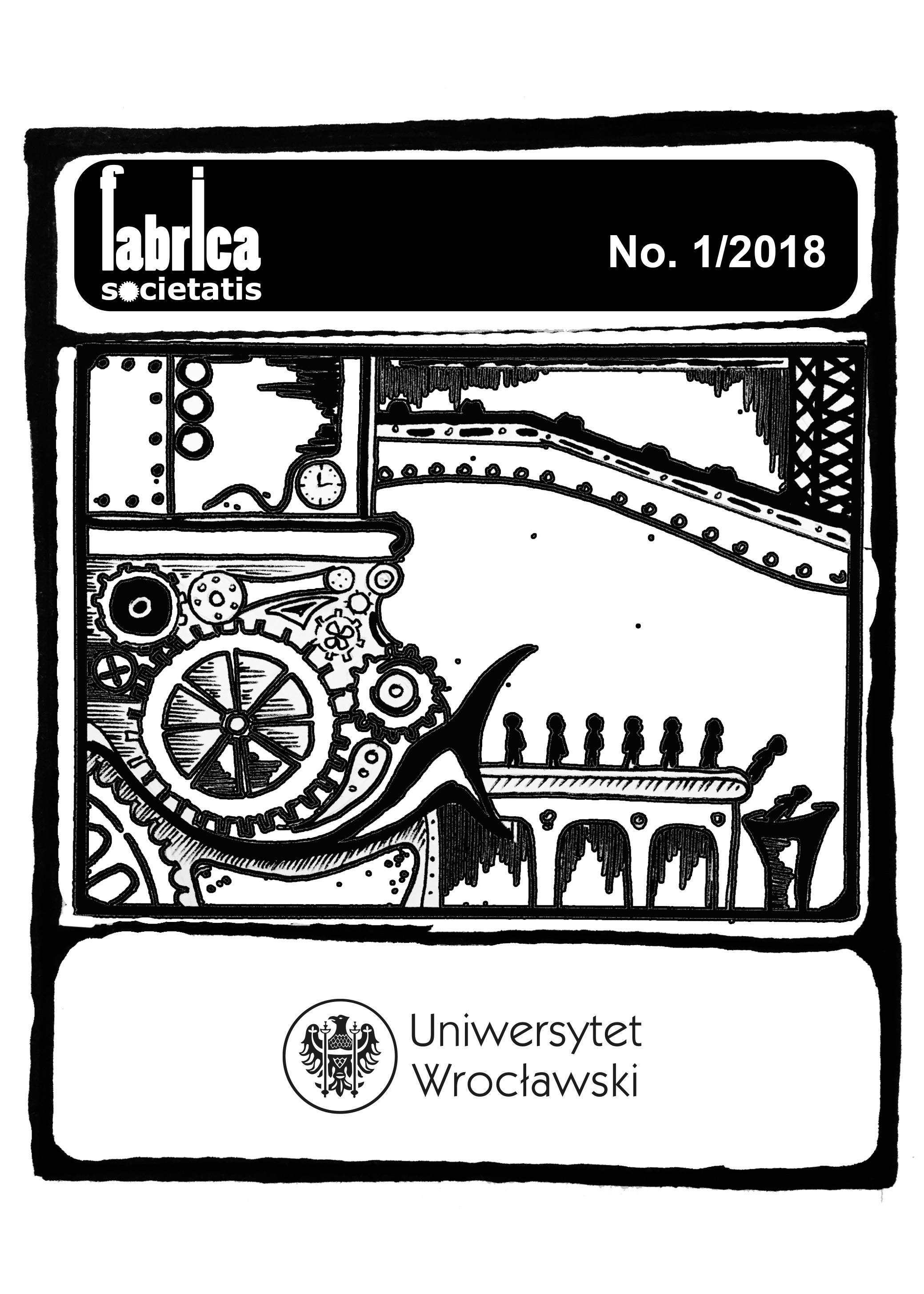

Artykuły

The paper at hand elaborates on two conceptual ambiguities inherent in the current state of development in the important research field of how individual thinking links with effective organizational action. In so doing the text firstly arguments why routinized reflection is needed to balance the danger of complacency on the individual level of analysis. Secondly, the paper gives a review of why existing writing on the key strategic management concept of dynamic capabilities is hitherto unclear about how exactly that pivotal theoretical concept can simultaneously safeguard both routinized replication and dynamic adaptation. The paper also provides evidence for that topic’s practical relevance in today’s increasingly knowledge-based business environment, as being simultaneously sensitive to weak signals of required changes while exploiting existing sources of revenue constitutes a key requirement for organizational longevity. The paper makes the conceptual proposition of a jester-like mindset to bridge the two outlined theoretical gaps. In a nutshell, this idea centers around the fact that individual organizational actors cannot stand the immense challenge of continually judging whether use of time-tested solutions or constructive challenging of routine action is required. This is the reason why the needed routinized reflection has to be transferred to the group-level of analysis by creating an attitude shared by all constituents, which makes it safe to trigger organizational adaptation. The paper sketches six fields of application, where the proposed mindset augments our understanding of how to create organizations prone to effective changeability. The paper ends with sketching avenues for further empirical research to inform the jester-mindset’s theoretical refinement.

Utwór dostępny jest na licencji Creative Commons Uznanie autorstwa – Użycie niekomercyjne – Bez utworów zależnych 4.0 Międzynarodowe.